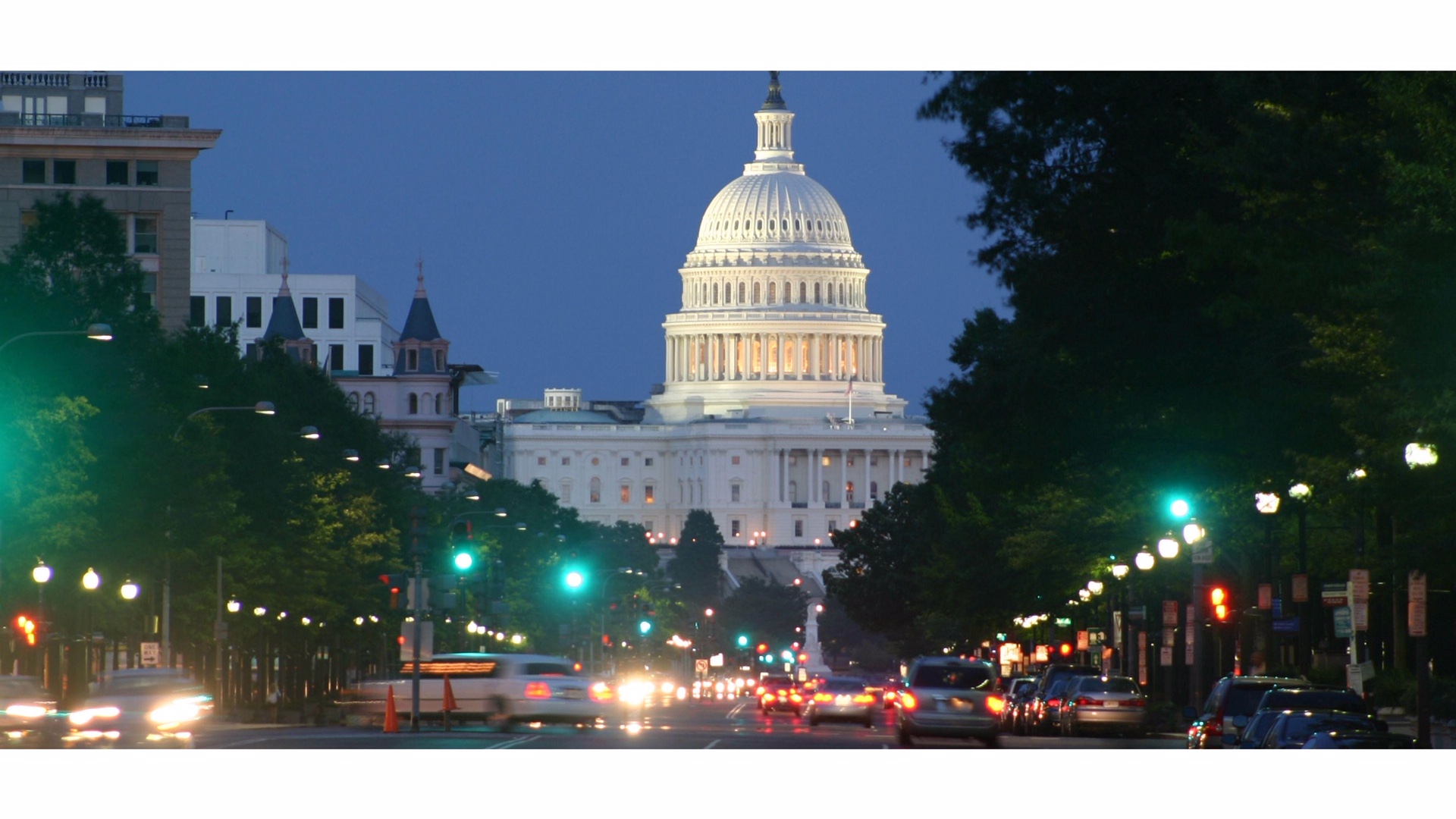On Sunday, August 1, 2021, Majority Leader Chuck Schumer [D-NY] put the long-awaited infrastructure legislation before the United States Senate. The 2.702 page legislation may be read here > https://www.epw.senate.gov/public/_cache/files/e/a/ea1eb2e4-56bd-45f1-a260-9d6ee951bc96/F8A7C77D69BE09151F210EB4DFE872CD.edw21a09.pdf? The legislation calls for $1.5 trillion in infrastructure spending over 10 years and is expected to pass the U.S. Senate later this week.
As though this package was not complicated enough, it becomes more complicated in the U.S. House, where progressive caucus Democrats are threatening to sink the Senate infrastructure bill unless the Biden Administration’s $3.5 trillion “reconciliation” package comes at the same time. Approximately 50 House Democrats could vote against the $1.5 trillion Senate bill unless there is another $3.5 trillion reconciliation bill with it.
Senate Democrats say they have the votes to advance a $3.5 trillion budget resolution that includes massive new spending on a range of health, education, and federal safety net programs endorsed by President Biden and progressive lawmakers.
Republicans have opposed many of the proposals in the plan, but Democrats intend to move that legislation via the budget reconciliation process which will only require 51 votes to pass. Senate Majority Leader Chuck Schumer (D-NY) is trying to pass both a $1 trillion bipartisan infrastructure package and a budget resolution that will include instructions for crafting the $3.5 trillion social spending package before the August recess.
“In order to start work on a reconciliation bill, the Senate must pass a budget resolution first,” Schumer said this week. “And we are on track for that as well.”
The Senate isn’t expected to take up the larger spending bill until September but the budget resolution will get the process started. Key centrist Democrats like Sen. Joe Manchin (D-WV) and Kyrsten Sinema (D-AZ) have expressed reservations about the price tag on the eventual bill but said they will support moving forward with the budget resolution.
Assuming these threats are true, it is entirely possible that Congress fails to pass both bills as the Senate doesn’t have the votes to pass a $3.5 trillion reconciliation and the House won’t pass the Senate’s $1.5 trillion infrastructure bill.


